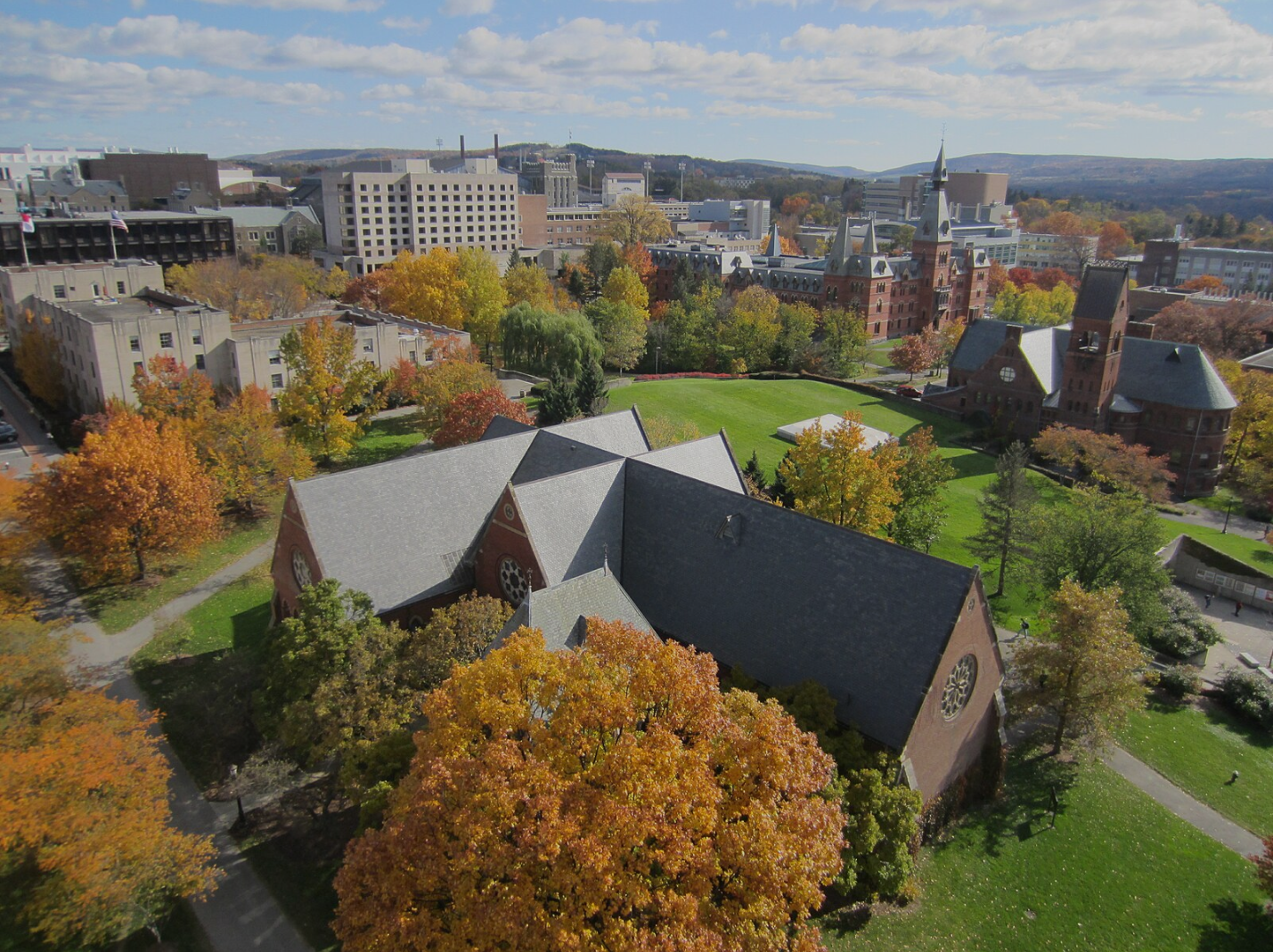
Editor’s Note: This op-ed is a response from a Cornell alumnus, bewildered by the university’s recent race-based hiring practices, exposed in the America First Policy Institute’s legal filing and Christopher Rufo’s City Journalarticle, “Cornell Hired Based on Race, Internal Documents Show.”
Perhaps Cornell’s sprawling “diversity, equity, and inclusion” (DEI) bureaucracy and senior administrators didn’t intend to discriminate. Maybe they genuinely believed they were “doing the right thing.” But history is filled with tragic consequences born from good intentions unmoored from principle. The real danger lies not just in bad people doing harm, but in well-meaning people redefining harm as virtue, and enforcing it as policy.
At Cornell, this warped sense of righteousness has manifested in what now appears to be a university-wide pattern of discrimination: in hiring, scholarships, student life, and even speech.
As detailed in a recent federal civil rights complaint, faculty candidates were allegedly eliminated not for lack of merit—but for lack of the “right” racial or gender identity. Scholarships and opportunities were offered or denied based on identity, not achievement. And those who questioned the fairness of it all were marginalized, silenced, or labeled problematic.
[RELATED: SAVING CORNELL: An Open Letter on the 2025 Cornell Alumni Trustee Elections]
How did we get here?
It begins with a dangerous assumption: that individuals or institutions can simply declare what is “right” based on ideological trends, emotional appeal, or political pressure. Who decides what’s right? One might say the law does—and it does. Federal civil rights laws, for example, prohibit discrimination on the basis of race or sex. But Cornell’s leaders decided that their version of “right”—wrapped in euphemisms like “diversity,” “equity,” and “inclusion” —should supersede those laws.
This is not new. We’ve seen this kind of thinking before—where subjective morality replaces objective principle, intent is elevated above consequence, and slogans obscure reality.
Diversity became one-dimensional. It stopped meaning diversity of thought, background, or experience, and became solely about visible traits.
Equity stopped meaning fairness. It became a mandate for engineered outcomes, regardless of effort or merit.
Inclusion became exclusion. Anyone not conforming to the dominant ideology was treated as suspect, or worse, an oppressor.
In this worldview, discrimination was no longer discrimination—it was “justice.” Preferential treatment was no longer unfair—it was “equitable.” And questioning these practices was no longer reasoned dissent—it was “harmful.”
Perhaps the most heartbreaking consequence of this ideology is not just the erosion of fairness, but the harm it causes to the very individuals it claims to uplift.
Take, for example, the accomplished young faculty member hired under one of these secretive DEI protocols, reportedly chosen only after another “diversity candidate” turned down the job. She is, by all accounts, a respected scholar. And yet she is now forever shadowed by the perception that she was not hired for her excellence, but for her identity. No one deserves that. She, too, is a victim of a system that substitutes ideology for integrity.
The damage extends beyond individuals.
Cornell has created segregated dorms, racially themed graduation ceremonies, and anonymous reporting tools to enforce conformity to ever-shifting ideological rules. The campus has become a minefield of suspicion and resentment. Group identity is everything; individual merit is nothing.
[RELATED: Cornell’s Ban on Campaigning Undermines Free Speech]
And so, the university now finds itself in the crosshairs. Not of political activists, but of federal law. Outside forces are intervening because Cornell abandoned the internal compass that once guided its mission: the pursuit of truth through open inquiry, fairness, and merit.
This is a moment of reckoning. Cornell must decide whether to continue down this path of ideologically justified lawbreaking or return to being a university in the truest sense of the word. That will require courage. It will require administrators and faculty to acknowledge the failures of the DEI orthodoxy and to reembrace the principle Martin Luther King Jr. so powerfully articulated: that individuals should be judged by the content of their character, not the color of their skin.
If Cornell cannot make that change on its own, then it will be forced from the outside.
There is still time to right the course. But first, the university must acknowledge the cost of its self-proclaimed righteousness. The belief that you’re “doing the right thing” is not a moral compass. Without law, without principle, without humility—it’s a recipe for disaster. And Cornell is living proof.
Image: “Cornell University from McGraw Tower” by Maeshima hiroki on Wikimedia Commons
Powerful and incisive commentray by Mr. Ackerman. Let us see if Cornell listens and learns.
Exactly as it unfortunately is. The biggest problem is not understanding the problem and therefore not knowing how to fix it. The single minded ideologues of DEI and lack of intellectual diversity have done their job too well.